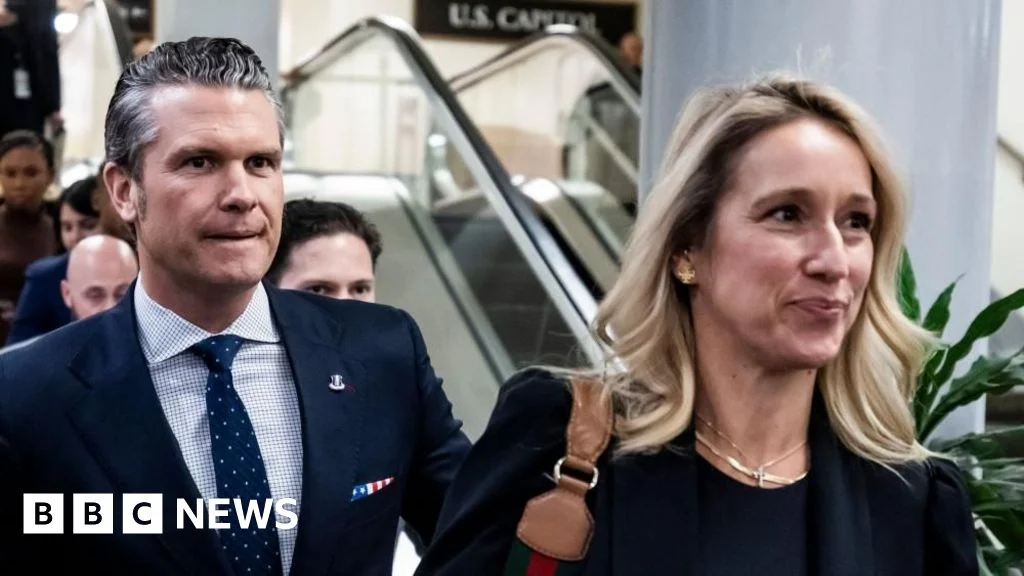
Is National Security at Risk? Inside Trump’s Defense Secretary’s Signal Controversy
The ongoing saga surrounding Secretary of Defense Pete Hegseth has put a spotlight on national security protocols and the handling of sensitive military information within the Trump administration. Recent reports reveal that Hegseth shared critical details about military strikes in Yemen via a private Signal group chat, raising questions about the integrity of communications among high-ranking officials.
According to sources familiar with the situation, Hegseth disclosed flight schedules and operational plans used in upcoming strikes against Houthi forces in Yemen on March 15. This information was shared not just with military personnel but also with non-government individuals, including his wife and personal lawyer, prompting concerns about appropriate security measures being bypassed.
Insiders noted that while Hegseth’s wife, Jennifer, traveled with him to meetings and is engaged in his work, her presence in discussions about military operations raised eyebrows. National security experts have criticized the administration's apparent disregard for strict security protocols, citing the increased vulnerability this poses to U.S. interests.
One source revealed that the chat in which Hegseth discussed the Yemen strikes—dubbed "Defense | Team Huddle"—was not meant for sensitive military discussions. Ironically, however, at the same time Hegseth communicated in this forum, he was also presenting the same information to a classified National Security group chat, which had accidentally included a journalist from The Atlantic, raising alarm about the flow of information.
The fallout from this breach has been swift, with calls from congressional Democrats for Hegseth’s resignation. "Every day he stays in his job is another day our troops' lives are endangered by his singular stupidity," stated Senator Tammy Duckworth, highlighting the potential risks associated with Hegseth’s handling of sensitive information.
Defending Hegseth, White House spokeswoman Anna Kelly insisted, "No classified information was shared," a claim that has been met with skepticism by critics, including Senator Jack Reed, who expressed concern over what he characterized as Hegseth’s “reckless disregard for the laws and protocols that every other military service member is required to follow.”
In response to the uproar, the Pentagon's acting inspector general announced a review of Hegseth's conduct concerning his disclosures. This scrutiny may further affect Hegseth's inner circle, which has already faced significant turnover following a series of firings tied to allegations of information leaks.
As the investigations unfold, the implications of Hegseth's actions extend beyond his personal career; they question the operational integrity of the Trump administration at a time when global tensions are high and vigilance is crucial. How will the administration respond to these pressures, and will Hegseth’s leadership remain intact amidst this significant controversy? Only time will tell.
What do you think about the risks posed by personal communications in the military context? Share your thoughts in the comments below.